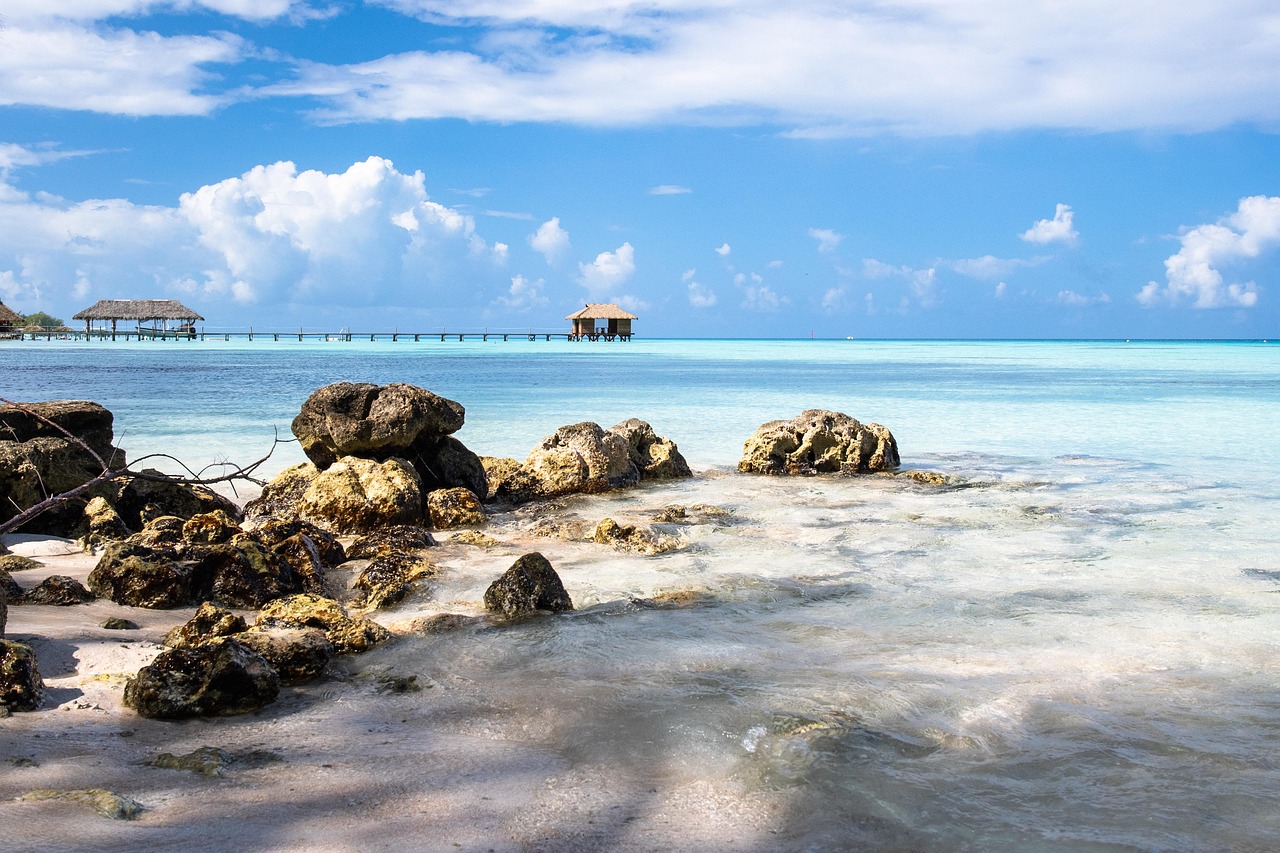While twice as densely populated as the metropolitan average (MTE, July 2017), coastal areas are facing growing threats: erosion, marine submersion and retreat of the coastline, phenomena amplified by urbanization and climate change.
Yet coastal ecosystems play a key role in mitigating the risks associated with climate change. Preserving and restoring them provides natural protection for coastal areas, while promoting biodiversity and the well-being of local populations.
Faced with these risks, the 2021 Climate and Resilience Act enshrined the national strategy for integrated coastline management, framing the conditions for its development.
For its part, the IUCN French Committee is actively committed to developing concrete tools to limit the impact of human activities on these fragile environments through Nature-based Solutions. I had the pleasure of presenting this work during the webinar “Coastal management for resilient territories” organized by Fnau and AFD – Agence Française de Développement, as part of their “Adaptation 3 oceans” series of events dedicated to the challenges of adapting to climate change in overseas territories. Here’s what I had to say!
What are Nature-based Solutions?
The French Committee has been working on Nature-based Solutions for many years, with its first working seminar on the subject held in 2015 during COP 21. It wasn’t until 2022 that Nature-based Solutions, were defined by the United Nations Environment Assembly, as a set of actions aimed at protecting, restoring and sustainably managing ecosystems to meet social, economic and environmental challenges. Their implementation strengthens the resilience of territories, particularly coastal ones, while guaranteeing ecological and human benefits.
Nature-based solutions to threats to coastal ecosystems?
In the face of growing environmental challenges, notably coastal erosion, climate risks and retreating coastlines, Nature-based Adaptation Solutions (NBS) are emerging as an effective and sustainable response.
Several strategies can be deployed, depending on the threats to coastlines. Three of these are particularly noteworthy:
Preservation, restoration and sustainable management of sandy ecosystems (beaches, dunes, coastal forests): this helps reduce the risks of marine submersion, dune mobility and coastal erosion, while promoting the biodiversity characteristic of these environments.
Preservation and restoration of mangroves, coral reefs and seagrass beds: this helps slow the speed of currents and prevent the risks of marine submersion and coastal erosion, while providing habitats for flora and fauna.
De-polderization and dismantling of coastal infrastructures: this restores hydro-sedimentary dynamics and reduces the risk of marine submersion and coastal erosion in unprotected areas, while increasing biodiversity.
A concrete example: the Fa’atura te Tahatai project in French Polynesia.
As part of the webinar, I had the opportunity to present the work carried out by the French Committee with the Fa’atura te Tahatai project, aimed at restoring and enhancing the coastal ecosystems of the Society Islands in French Polynesia.
This innovative initiative, launched in March 2024, is based on three axes:
– Action in the field: planting trees to stabilize soil and limit erosion.
– Raising awareness: training decision-makers and educating the general public.
– Valorization of results: scientific monitoring and sharing of best practices.
This project is exemplary for these overseas territories, where the topography means that populations are concentrated on the coast. It has even been selected as one of the model initiatives for the Year of the Sea!
Towards widespread use of Nature-based Solutions?
Nature-based solutions are an essential approach to tackling the challenges of biodiversity and climate. Their adoption, however, requires cooperation between public and private players, as well as a suitable regulatory framework. The first initiatives launched by associations, such as the Fa’atura te Tahatai project, are positive signals in this direction!

Comments are closed